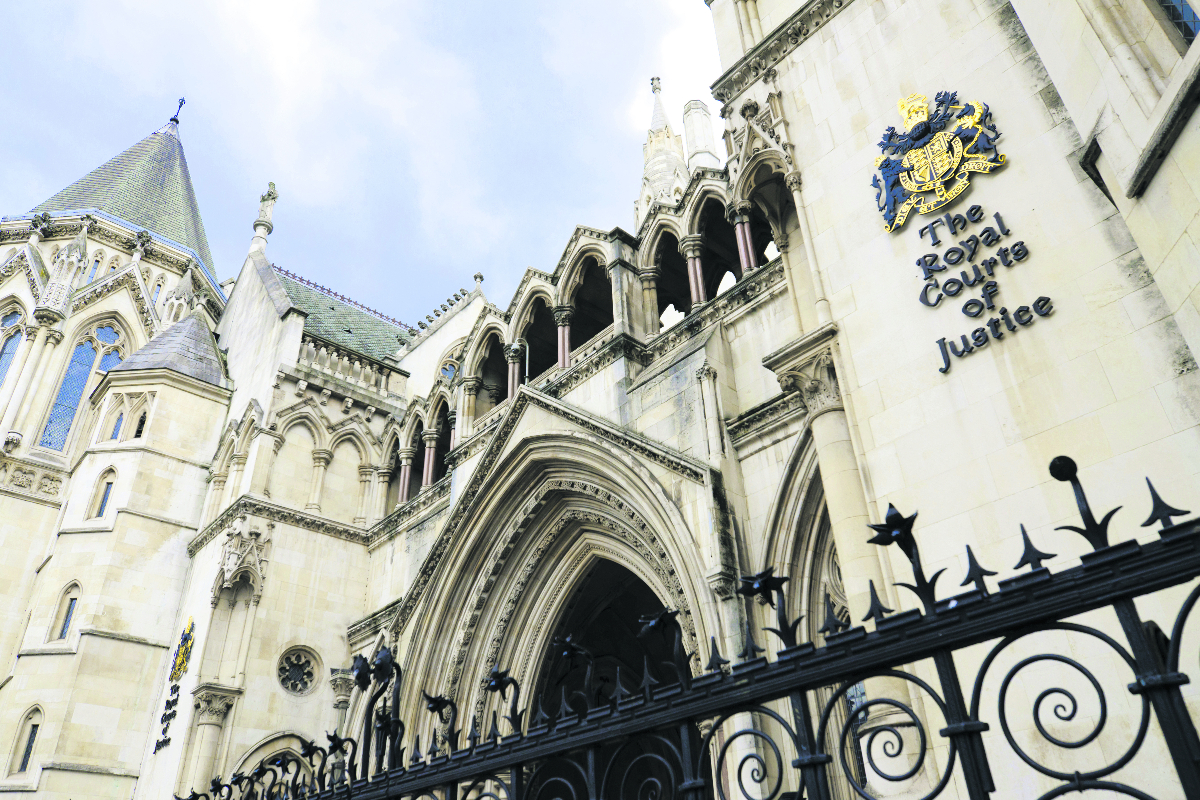By Maria Ward-Brennan
Copyright cityam

The surge in cases could cost the UK economy up to £18bn, diverting resources away from innovation and undermining growth, according to a new Institute of Economic Affairs (IEA) report.
A report, authored by lawyer Stephen Dnes, warns that the UK’s competition class action system has seen an explosion of speculative lawsuits, with around one new class action filed each week, driving up legal costs and exposing businesses to significant financial risk.
The report is in response to the Department for Business and Trade’s call for evidence last month on the opt-out collective actions regime.
Speaking at the time, the government said, “Since 2015, the opt-out caseload has grown significantly, with tens of billions of pounds in damages claimed and hundreds of millions of pounds spent on legal fees.”
“This is far higher than estimated in the original impact assessment, which estimated the total cost to businesses to be £30.8m per annum,” they added.
A report released last month also highlighted that the popularity of this type of legal action continues to rise, with the UK remaining one of Europe’s most active jurisdictions.
The total value of these types of legal cases in the UK surpassed €155bn (£135bn) in 2024.
In response to the government’s call for evidence, the new IEA report put forward a package of “tangible proposals” to focus the regime on strong, economically justified cases.
This included requiring funders to deliver upfront payouts, creating a market for claims, and tightening certification tests to weed out weak cases and wasteful disputes.
The report claims these steps will curb speculative litigation, ensure class actions deter anti-competitive behaviour and prevent unnecessary economic costs.
Impact on growth push
In his report, Dnes highlighted that the current regime is incurring a “substantial economic cost” due to slowing innovation, which drives up business costs and undermines growth.
He quoted a recent analysis by the European Centre for International Political Economy, which suggested that such litigation could cost the economy as much as £18bn, including £11bn in lost market capitalisation for innovative firms.
The author suggested that money, which would otherwise be allocated towards innovation and investment, is instead set aside for legal costs to defend against these large, expensive claims.
Commenting on his findings, Dnes stated: “Class actions can play a vital role in detering anti-competitive behaviour and protecting consumers, but the UK’s regime has gone off course.
“There is a real risk of friendly fire especially when innovative companies are sued. It is time for a course correction. The system can be fixed, by fixing the misaligned incentives built into the system, to restore focus on genuine harm, speed up justice, and support growth,” he added.
The think tank Adam Smith Institute (ASI) had a report out last October stating the current system was undermining trust in businesses as well as the legal environment.



